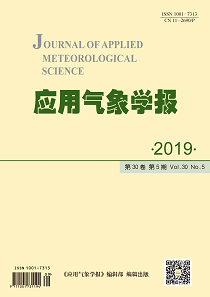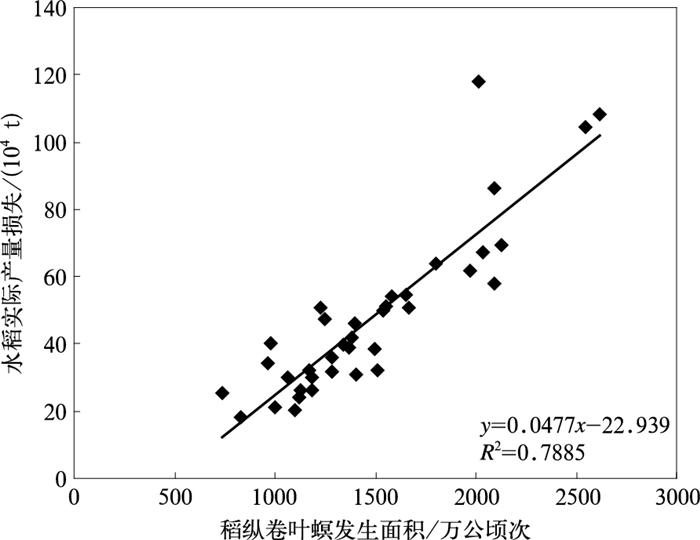|
[1]
|
|
|
[2]
|
|
|
[3]
|
李照会.农业昆虫与鉴定.北京:中国农业出版社, 2002:205.
|
|
[4]
|
|
|
[5]
|
|
|
[6]
|
|
|
[7]
|
|
|
[8]
|
|
|
[9]
|
|
|
[10]
|
|
|
[11]
|
Masahiko Morishita.A possible relationship between outbreaks of rice planthoppers in Japan and the El Nio phenomenon.Plant Epidemic Prevention, 1992, 46(5):11-13.
|
|
[12]
|
Wood C R, Chapman J W, Reynolds D R, et al.The influence of the atmospheric boundary layer on nocturnal layers of noctuids and other moths migrating over southern Britain. Int J Biometeor, 2006, 50(4):193-204. doi: 10.1007/s00484-005-0014-7 |
|
[13]
|
Park H H, Ahn J J, Park C G.Temperature-dependent development of Cnaphalocrocis medinalis Guenée (Lepidoptera:Pyralidae) and their validation in semi-field condition.J Asia-Pac Entomol, 2014(17):83-91.
|
|
[14]
|
|
|
[15]
|
|
|
[16]
|
|
|
[17]
|
|
|
[18]
|
|
|
[19]
|
|
|
[20]
|
侯婷婷, 霍治国, 卢志光, 等.副热带高压与中国稻飞虱发生关系的研究.自然灾害学报, 2003, 12(2):213-219.
|
|
[21]
|
|
|
[22]
|
|
|
[23]
|
|
|
[24]
|
|
|
[25]
|
|
|
[26]
|
|
|
[27]
|
|
|
[28]
|
|
|
[29]
|
中国气象局预测减灾司, 中国气象局国家气象中心.中国气象地理区划手册.北京:气象出版社:2006.
|
|
[30]
|
陈正洪, 马德栗.湖北省1961-2008年冷冬时空变化特征//中国气象局国家气候中心暨气候研究开放实验室2010年度学术年会论文集.北京: 国家气候中心, 中国气象局气候研究开放实验室, 2011.
|
|
[31]
|
|
|
[32]
|
Wan Nianfeng, Ji Xiangyun, Cao Liming, et al.The occurrence of rice leaf roller, Cnaphalocrocis medinalis Guenée in the large-scale agricultural production on Chongming Eco-island in China. Ecol Eng, 2015, 77:37-39. doi: 10.1016/j.ecoleng.2015.01.006 |
|
[33]
|
Gu Lingling, Li Mingzhu, Wang Gaorong, et al.Multigenerational heat acclimation increases thermal tolerance and expression levels of Hsp70 and Hsp90 in the rice leaf folder larvae. J Therm Biol, 2019, 81:103-109. doi: 10.1016/j.jtherbio.2019.02.024 |
|
[34]
|
|
|
[35]
|
|
|
[36]
|
|
|
[37]
|
|
|
[38]
|
|
|
[39]
|
|





 DownLoad:
DownLoad:




